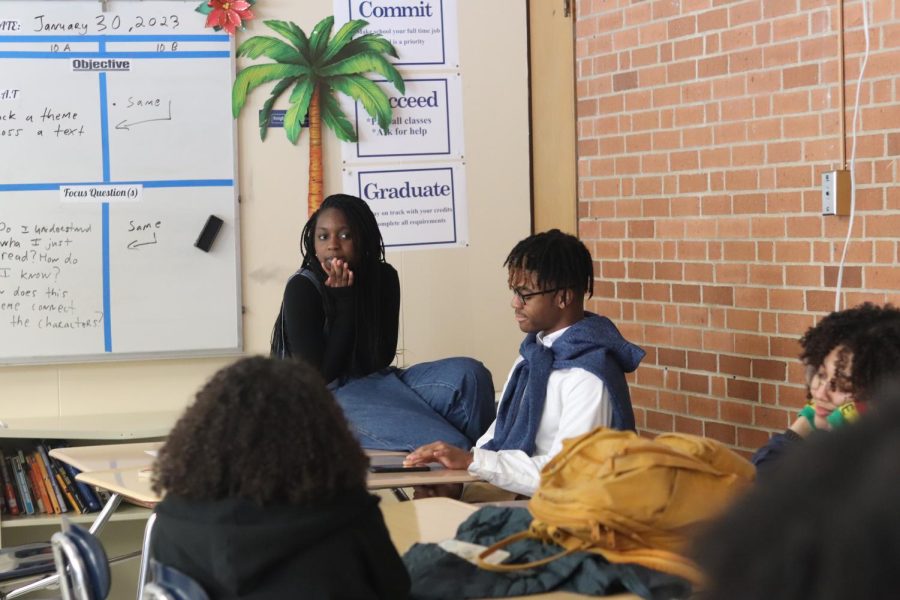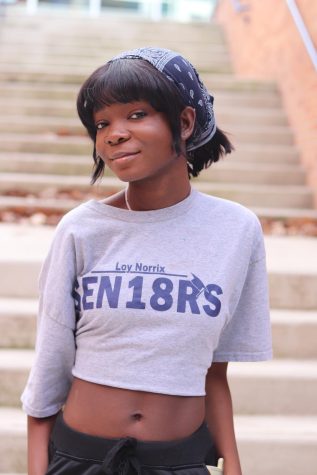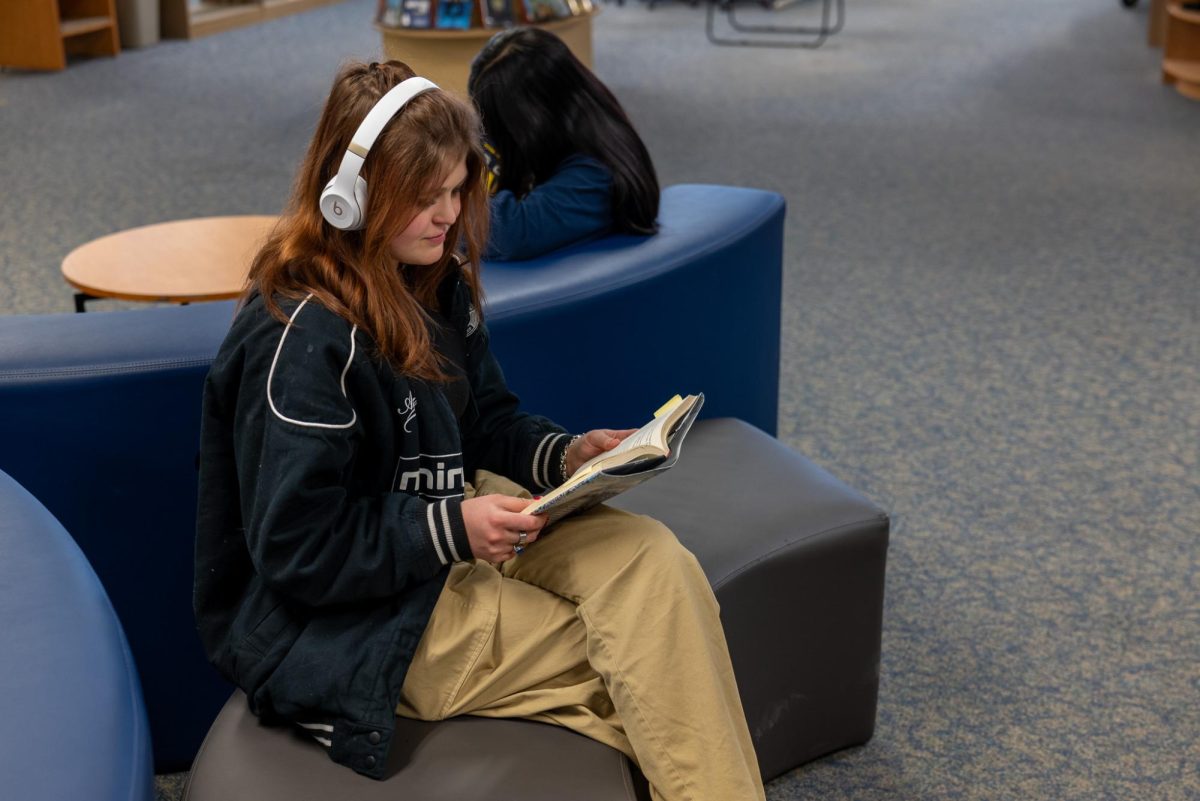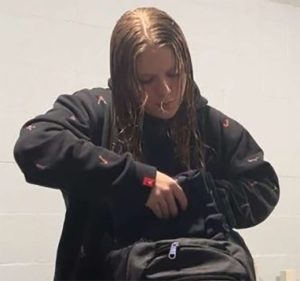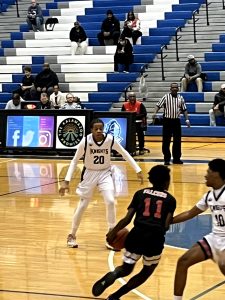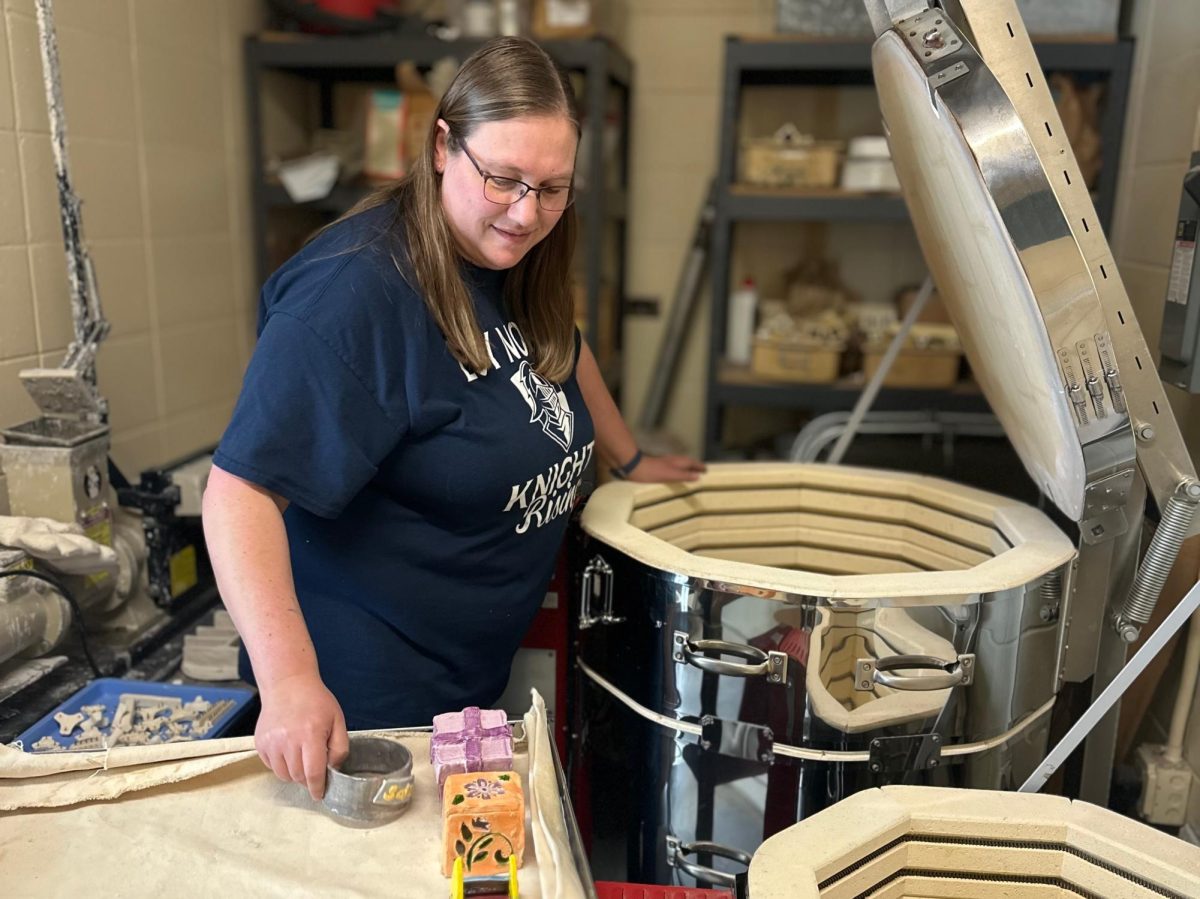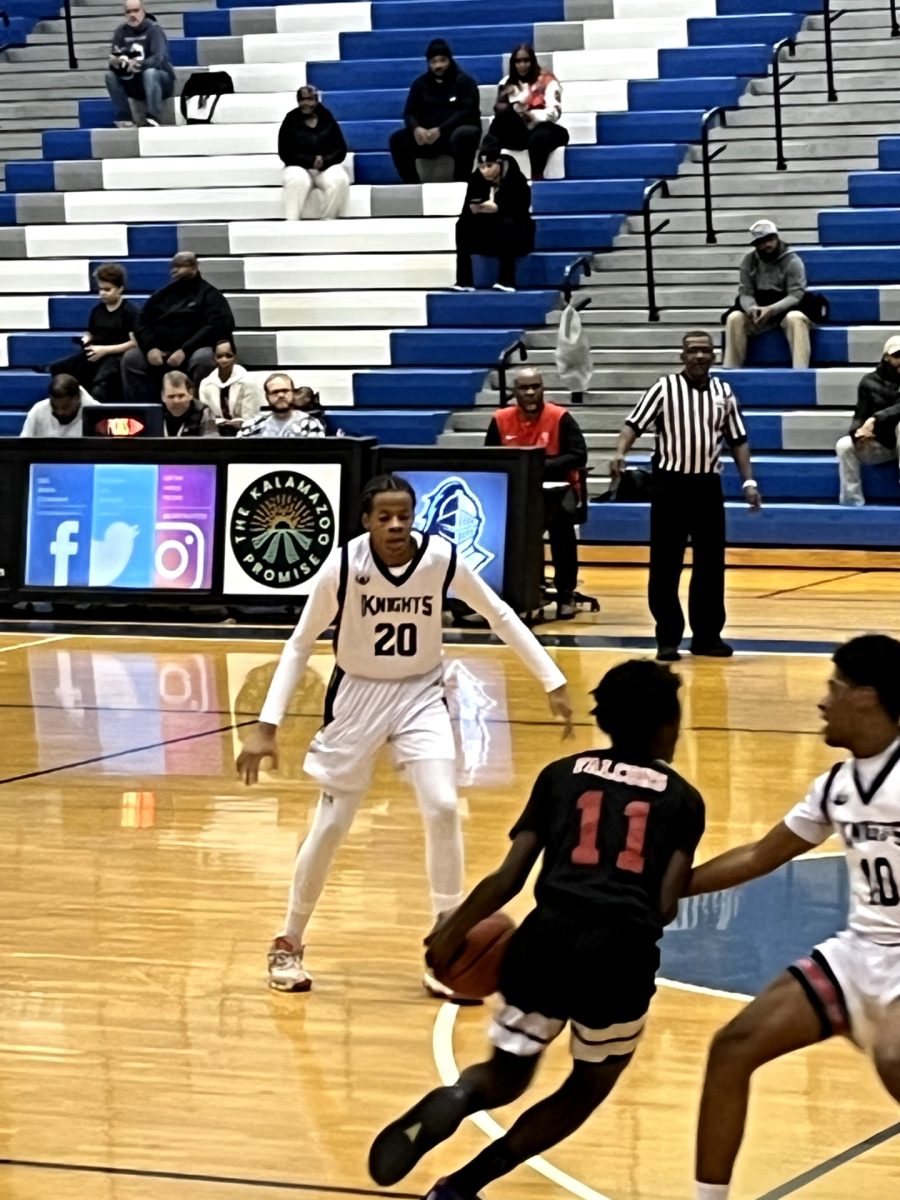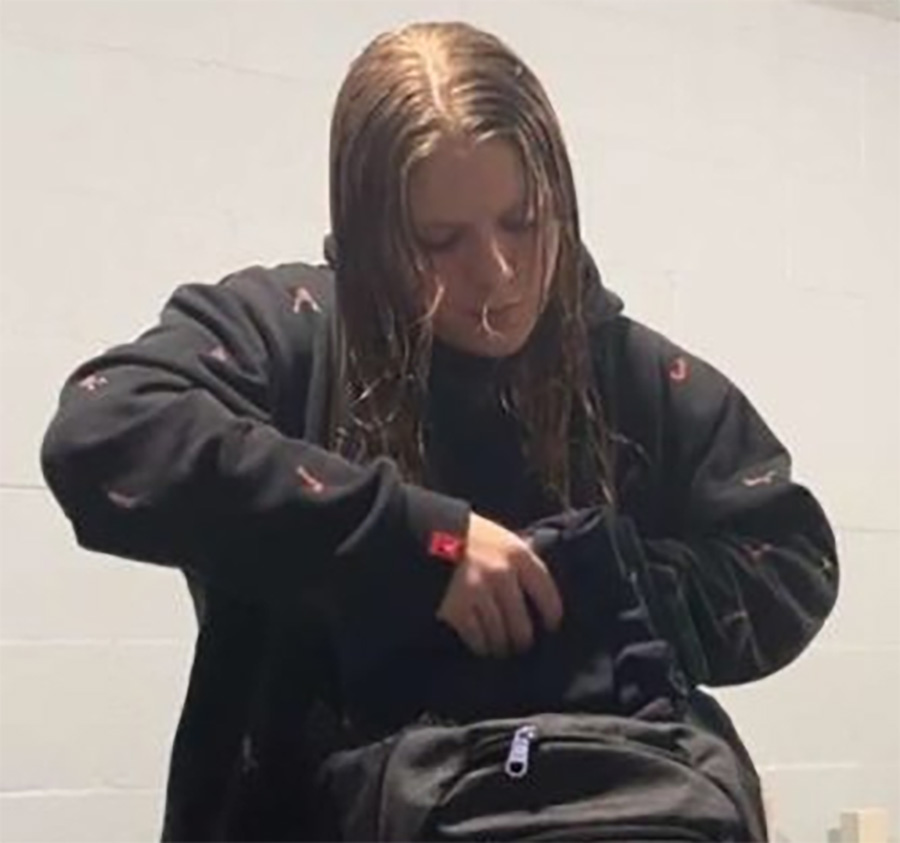Teens only consume news that’s being shown to them on their social media feeds
Credit: Destiny Gutter
April 19, 2023
“We just thought black students needed a place to talk about their experiences and voice their opinion in a place that was non-judgmental and that was open and provided within the school, which is supposed to be a safe space since we spend so much time here,” said Black Student Union co-leader and senior Yacine Lo.
Yacine Lo and Zakiya Flemming founded the Black Student Union last year when they were juniors.
Now seniors, the duo has started this safe space back up again for a second year. The only problem is students are not attending like they were last year. It could be because the club started in February instead of October when most other clubs started this year or it could point to a deeper problem within our generation.
There seems to be a trend within our generation that, when things are not all over our screens or in social media threads, we don’t take them seriously. Generally, teens don’t consume news from traditional news outlets.
According to a New Media Insight Project survey social media sites such as Facebook and Instagram are how teens prefer to get their news. If most teens are getting their news from social media, how are they consuming news that isn’t trending?
“Whenever you used to go on your social media during the pandemic, you used to see people reposting things from change.org and the Sunrise Movement, and now people barely post about it [injustice against black people],” said Lo.
Some students feel that it’s less about the media and more just changing of times that’s /affecting attendance to the BSU.
“There just isn’t much to talk about or as much going on as there was last year,” said senior Jiselle Anderson who has been attending BSU meetings since the club started last year.
And it’s not just the BSU: the student-led Black History Month events run by senior Nadia Abbott didn’t have nearly as many people at them as the events last year.
A rally held in four corners of Norrix to talk about police brutality had a fully energized crowd of people last year. This year, barely any people showed and the people who did show did not contribute to the rally in any way, with most people not even knowing it was happening.
Three years ago, with the death of George Floyd, support for the Black Lives Matter movement peaked. People were marching the streets, protesting and fighting for justice. But now, despite the same things still happening, like Tyre Nicholes killed January seventh of this year during a traffic stop, whether we are doing it on purpose or not, we are not paying attention to the black struggle.
“We’ve become complacent again,” said Lo.
Keenan Anderson, a black man tased to death by police officers earlier this year, was a death just as gruesome and heartbreaking as what happened to Floyd, but it has not gotten nearly as much attention or garnered as much outrage.
It seems like we’ve gotten used to it, like climate change or school shootings. In 2012, when Travon Martin died, the same thing happened: we protested, fought, and tried to make change, but just like how it is now, after a while, it died down, and we stopped caring.
With the media moving faster by the day, attention does not stay on one topic for too long. These days, supporting Black lives feels more like a trend than something real we do because we want to change.


